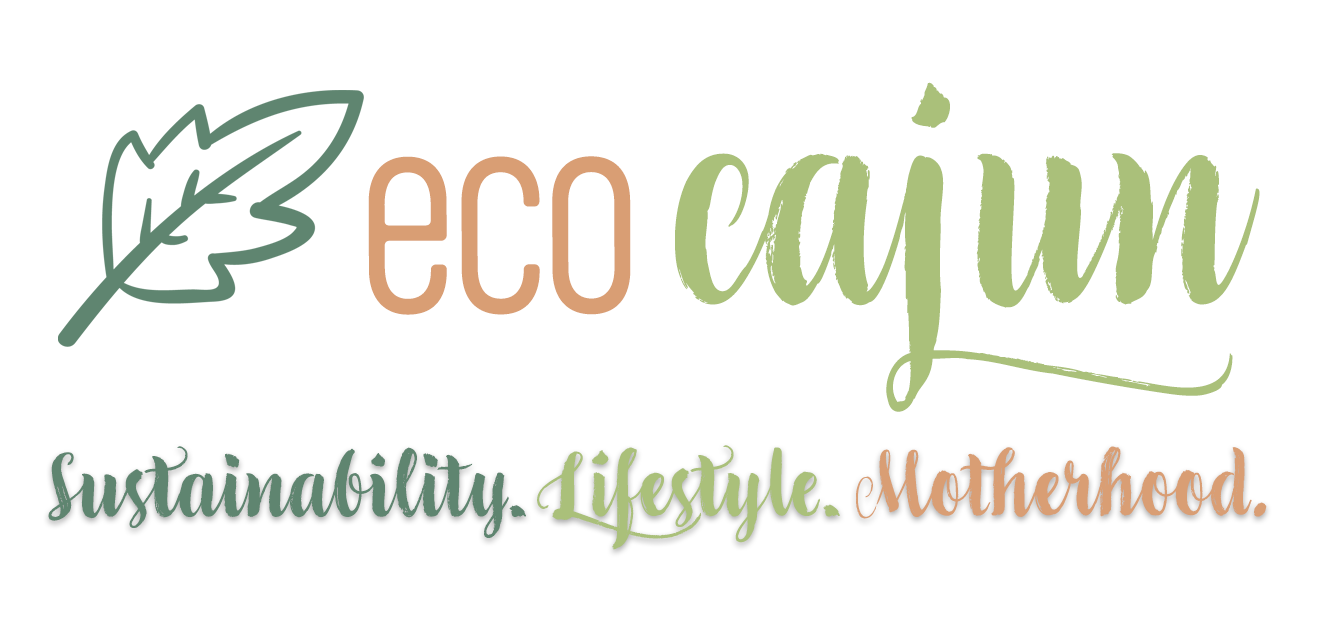Last week, fellow green blogger Zero Waste Nerd published a great post on how to realistically transition into a more zero waste lifestyle. She brought up some valuable and logical points, and it got me thinking more over the past few days.
Reading about green lifestyles and all of the disposable/plastic/bad things currently in our homes, it can seem tempting to begin a zero-waste/reusable/natural product transition by cleaning out and getting rid of everything that doesn’t fit the plan.
But that in itself is extremely wasteful.
You don’t have to start on a green slate in one day…take your time and introduce new items as you need them.
For example, when I wanted to switch to a natural shave gel, I waited until my current shave gel can was empty, instead of throwing it away half full. Although my Burberry perfume didn't rank well in the Environmental Working Guide, I still finished it before switching back to my Lavanila favorite.
This year, I’m committing to buying new clothing and accessories that are sustainably made. But it definitely doesn’t mean I’m bringing my entire current wardrobe to a secondhand shop! I’ll keep wearing pieces until I’m either ready to part with them (and those items will get donated) or they aren’t functional anymore.
In all honesty, I have a pair of fuchsia heels that I bought at Payless almost 10 years ago, and I still wear them. Are they made of responsible materials? HA. But as long as they aren't falling apart, I’ll still wear them. (The culture of short-lived, fast fashion is definitely one I try to not succumb to, because I can’t fathom only keeping brand new clothing for a year at the most.)
When I bought my new car two years ago, I was set on getting a Prius for its hybrid model, but I drove my previous car for almost 13 years. It had definitely served its purpose, and I traded it in so that it can serve another purpose for someone else.
If you're committed to using cloth bags at the store, but forget them
one time and come home with plastic bags...save them to use again.
Plastic bags aren't green in any way, but at least reusing them allows
them to serve one or two more purposes. (And it's at least cheaper than
buying new plastic bags for pet waste and small trash bins.)
Around your house, take your time making the transition. You’ll still make a positive impact on the environment, and it’s important to use up anything you have so that it’s served its purpose. Stock up on cloth towels for your kitchen, but use the rest of your paper towels up first, then don’t replace the roll once it’s finished. Keep appliances and kitchen utensils as long as they serve their purpose. Once they go out, replace them with greener alternatives.
Although using disposable, plastic or conventional items is not necessarily green, you’re being environmentally conscious by using them all up before replacing them with more eco-friendly alternatives. Use the condiment packets. They may be more wasteful, but if you're stuck with them, you might as well use them.
If you’re ready to switch sooner, consider at least donating items so that someone else can use them.
As Megean points out in her blog post, “Living zero-waste means making better, more sustainable choices going forward and utilizing what we already have.”
Published in Times of Acadiana
Written for Schwinn Bikes
Popular Posts
-
Eye care is an important part of my daily routine, and it's one that can be greened in a few ways, without compromising health factors. ...
-
Part of being environmentally friendly is working to protect our land and natural resources, especially from aggressive methods that can cau...
-
So, I haven't succumbed to the Pokemon Go craze, but I love the positives that have come from everyone playing, from increased exercise ...
Copyright Eco Cajun. Sophie Template designed by Georgia Lou Studios








No comments